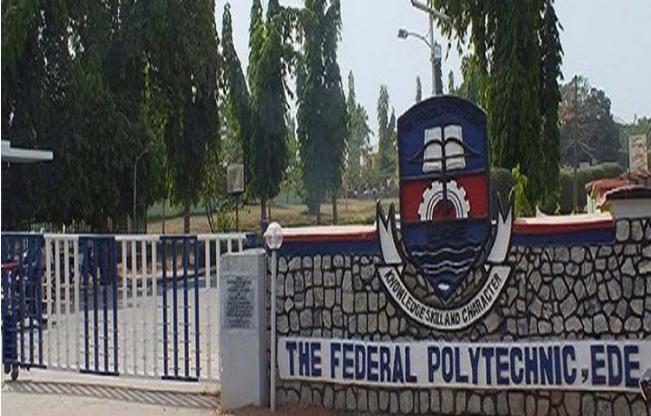
IF officials of the Federal Ministry of Education, or any of the public officers with over-sight functions for education, had their children in polytechnics in Nigeria, they would have been more circumspect in joining the Minister of Education, Ruqayyatu Rufa’i, who is celebrating the excellent standards of the institutions.
Staff of polytechnics, particularly federal ones, have been on strike for more than two months. Their grievances – teaching aids, arrears of their entitlements – have been addressed with official silence. Rufa’i spoke at a meeting in Abuja without a hint that she knew about the strike. The consequences of many weeks of no education on the qualifications the schools would award was no cause for concern.
While those who have been admitted cannot complete their education in a wholesome manner, the minister was busy announcing plans for admitting new students into universities and the striking institutions. Her duty appears to begin and end with making these announcements.
According to the minister, 51 federal and state universities and polytechnics had benefited from rehabilitation and upgrading of their laboratories to 21st century standards. The project cost N15 billion. What type of laboratories would N15 billion set up for 51 institutions? At an average of less than N300m or $1.83m, what type of laboratories would they be?
How useful would the laboratories be if the authorities ignore the teachers and technicians who would use them? The silence over the teachers’ strike says a lot about the type of attention the human resources side of education gets. It did not matter how long the strike lasted. It was unimportant if the students missed the opportunities that evaporated with their graduation at certain periods.
We are only wondering if it would have made a difference if the wards of those in authority attended these schools. Would they have left their children at home for so many weeks? Why are governments unable to fulfil their obligations, particularly to education and health workers – two major areas of national lives, and often of major labour relations rifts?
The Education Committees of the National Assembly were quiet too, though these schools fell within their over-sight functions. Were the committees unaware of the development? What are their plans to end these disruptions that contribute to the production of poorly trained graduates?
Nigerian leaders have to be more serious with important issues like education. It makes little sense to make grandiose plans about education without provisions for the human resource base that would implement them.
Alarms are being raised about the falling standard of education. Insistent strikes that leave students untaught for months can only worsen the situation. Issues around education are too important to be relegated to resounding silence.



